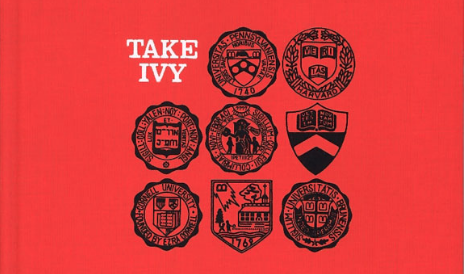The Ivy Insanity

Source: The Eye Of Faith
November 7, 2017
For many Juniors and Seniors at Pentucket, November and December become a scramble to complete college essays by the early admission deadline. Especially on the East Coast, home to many prestigious Ivy League schools, students feel pressured to constantly raise their GPA in order to be accepted to some of the most elite universities in the United States. These well known universities, such as Harvard University and Massachusetts Institute of Technology (MIT), also come with a hefty price tag. With prices upwards of 60,000 dollars a year, attending a prestigious college can often leave one in lifelong debt. Although a common mentality is that if someone attends one of these Universities, after graduating they will be offered a better job, with a higher salary. In simpler terms, the more elite the college you attend is, the higher indication of your future success.
However, this mentality is often proven wrong.
In 1999, a largely read study conducted by Alan Krueger and Stacy Berg Dale compared the yearly salaries of elite school graduates versus students who were accepted into an elite school but chose to attend a “moderately selective” college instead. They concluded that after 20 years of graduation there was no difference in salary between the two groups, demonstrating how little where one goes to college impacts one’s future success.
According to Business Insider, of the CEOs of the top ten Fortune 500 companies, only one has an undergrad from an Ivy League school. Furthermore in Frank Bruni’s book “Where You Go is Not Who You’ll Be”, Bruni emphasizes that of American-born CEOs, of the top 100 companies of the Fortune 500, only 30% attended an elite school.
These statistics may come as a shock to many, which reflects how flawed our society has become. From a young age students are brainwashed into believing a more elite college correlates to a better job, which means a higher salary, which inevitabley means a better life. However, the 1999 study conducted by Kreuser and Dale, proved that as long as one goes to a ‘good’ school, it does not matter which one. Therefor, is it worth it the pay the enormous tuition costs of Ivy leagues, when in 20 years you will most likely receive the same salary as most others in your field?
Even in Middle school students feel pressured to succeed in school so that they can get into the “right college”, instead of acquiring skills and tools they will need to use in the workforce. In the end, college is a utility, not an indication of future success. Employers look for what value you can bring to their company, not where you went to college. This is why instead of focusing on a student’s class rank or GPA the school system should focus on a improving a student’s value. This requires teaching students real life skills required in the workforce, instead of having students memorize meaningless information for a test, just to boost their GPA. Overall, when choosing between colleges, evaluate the value you can bring to a company and how the college you are considering can further add to your value, to make you the most qualified applicant in your preferred profession.
Sources:
Bernick, Michael. “Decision Time: It Doesn’t Matter Where You Go to College.” Time, Time, 10 Apr. 2014, time.com/54342/it-doesnt-matter-where-you-go-to-college/.
Selingo, Jeffrey J. “Forget Harvard and Stanford. It Really Doesn’t Matter Where You Go to College.” The Washington Post, WP Company, 16 Mar. 2015, www.washingtonpost.com/news/grade-point/wp/2015/03/16/forget-harvard-and-stanford-it-really-doesnt-matter-where-you-go-to-college/?tid=a_inl.
